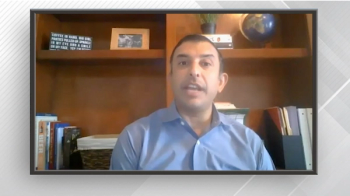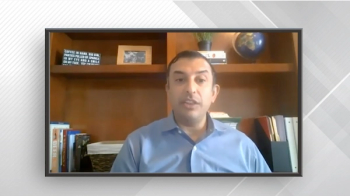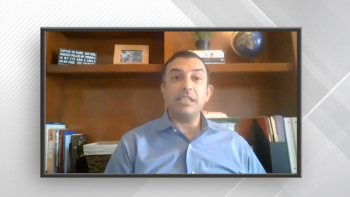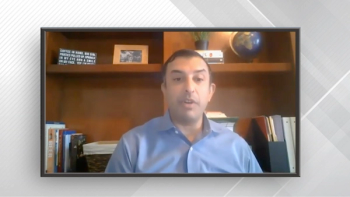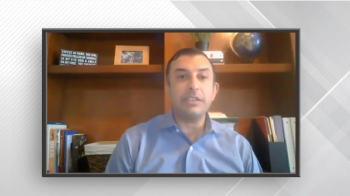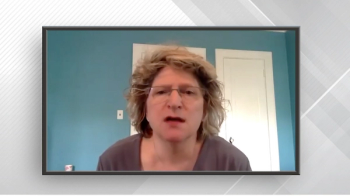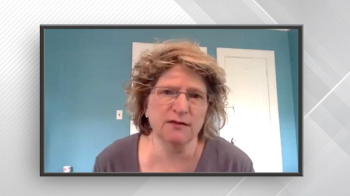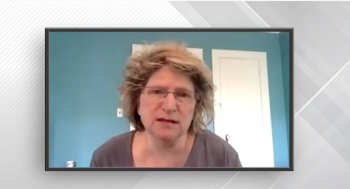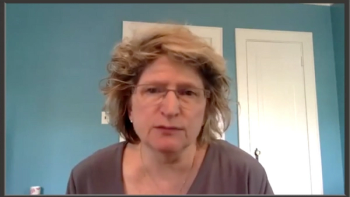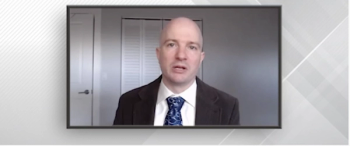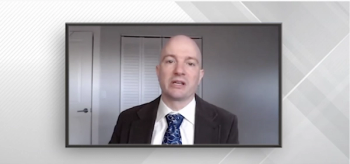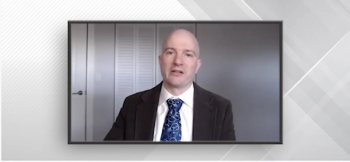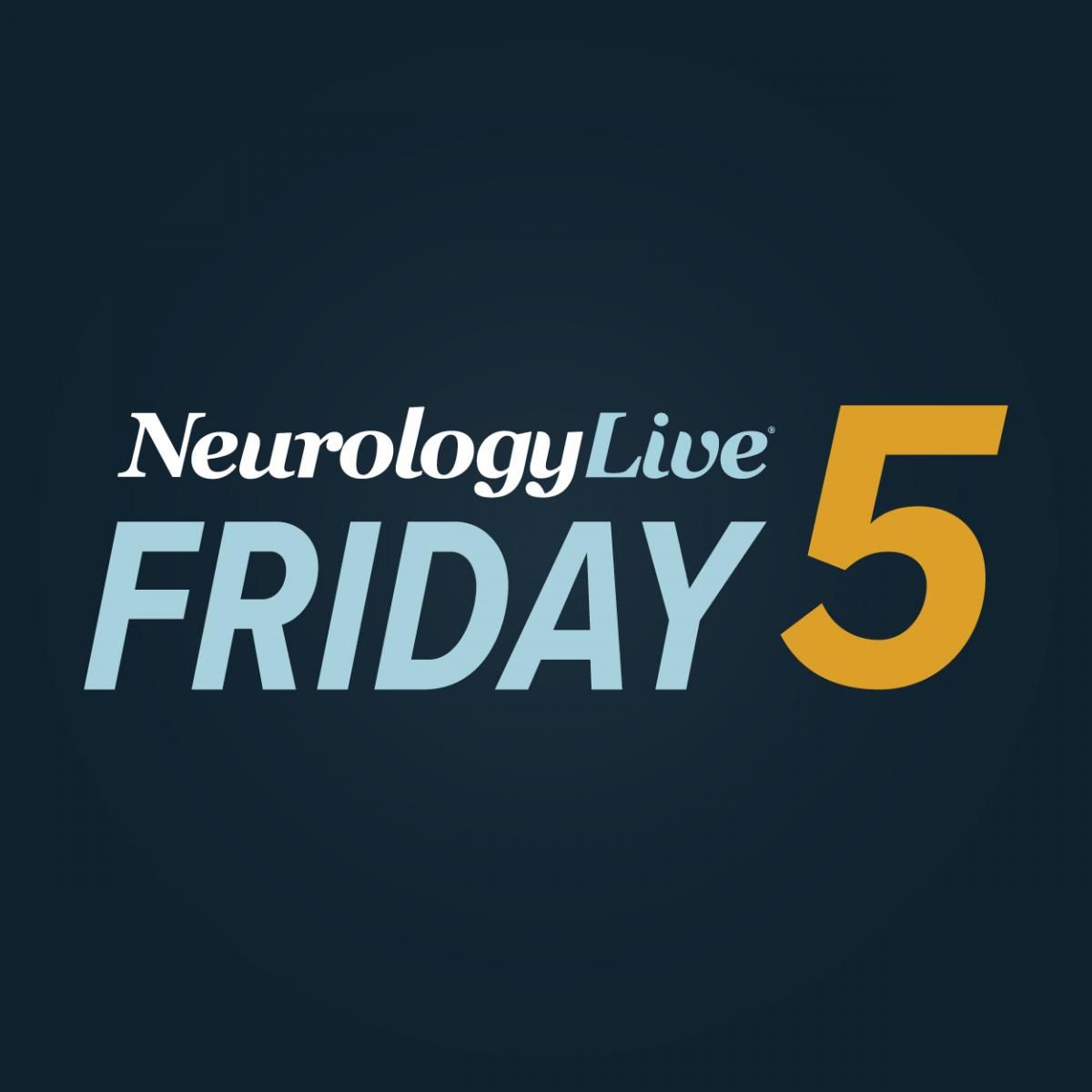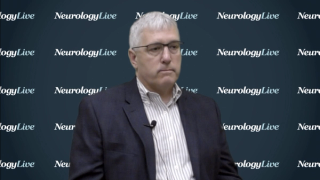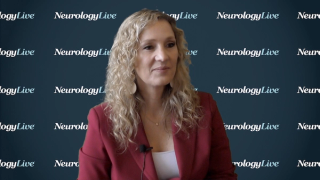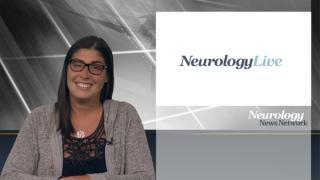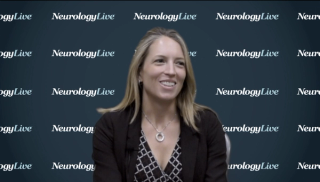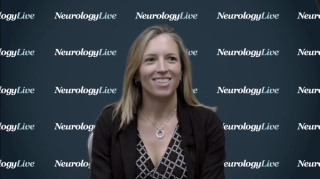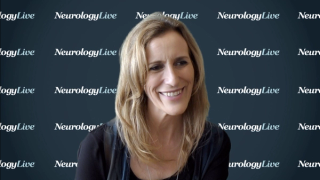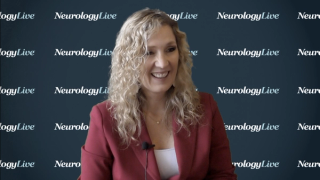
Epilepsy
Latest News
Latest Videos

CME Content
More News

Take 5 minutes to catch up on NeurologyLive's highlights from the week ending June 5, 2020.

The chief of pediatric neurology at the University of Tennessee Health Science Center, and director of the Comprehensive Epilepsy Program at Le Bonheur Children's Hospital spoke to the difficulty in connecting with colleagues with virtual meetings.

Cenobamate may offer a potential treatment option for patients who continue to have seizures despite the use of available treatments.

The chief of pediatric neurology at the University of Tennessee Health Science Center, and director of the Comprehensive Epilepsy Program at Le Bonheur Children's Hospital discussed the current state of research in epilepsy care.

Take 5 minutes to catch up on NeurologyLive's highlights from the week ending May 29, 2020.
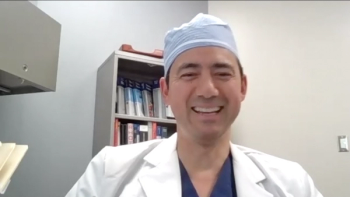
The chair of the Department of Neurosurgery at Banner-University Medical Center discusses the current state of the science being done in the realm of epilepsy surgery.

The newly appointed director for the Center for Experimental Neurotherapeutics at St. Jude Children’s Research Hospital details his personal responsibilities and the long-term goals for the new center.

The professor of neurology at NYU Langone shares her thoughts on the clinical data that has been released so far on patients with COVID-19.

Take 5 minutes to catch up on NeurologyLive's highlights from the week ending May 22, 2020.

The newly appointed director for the Center for Experimental Neurotherapeutics at St. Jude Children’s Research Hospital gives an overview on what neurologic disorders the new center will focus on.

Take 5 minutes to catch up on NeurologyLive's highlights from the week ending May 15, 2020.

The director of pediatric epilepsy and professor of neurology at Mayo Clinic detailed how care for patients with epilepsy has changed during the COVID-19 pandemic.
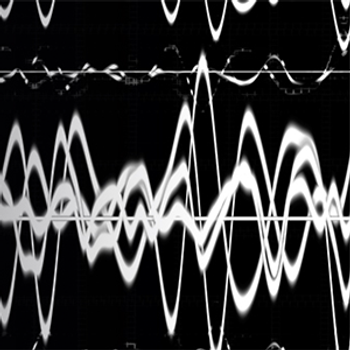
A cross-sectional, case-control study’s findings imply that patients with epilepsy may be experiencing high rates of psychological distress amid the COVID-19 pandemic.
